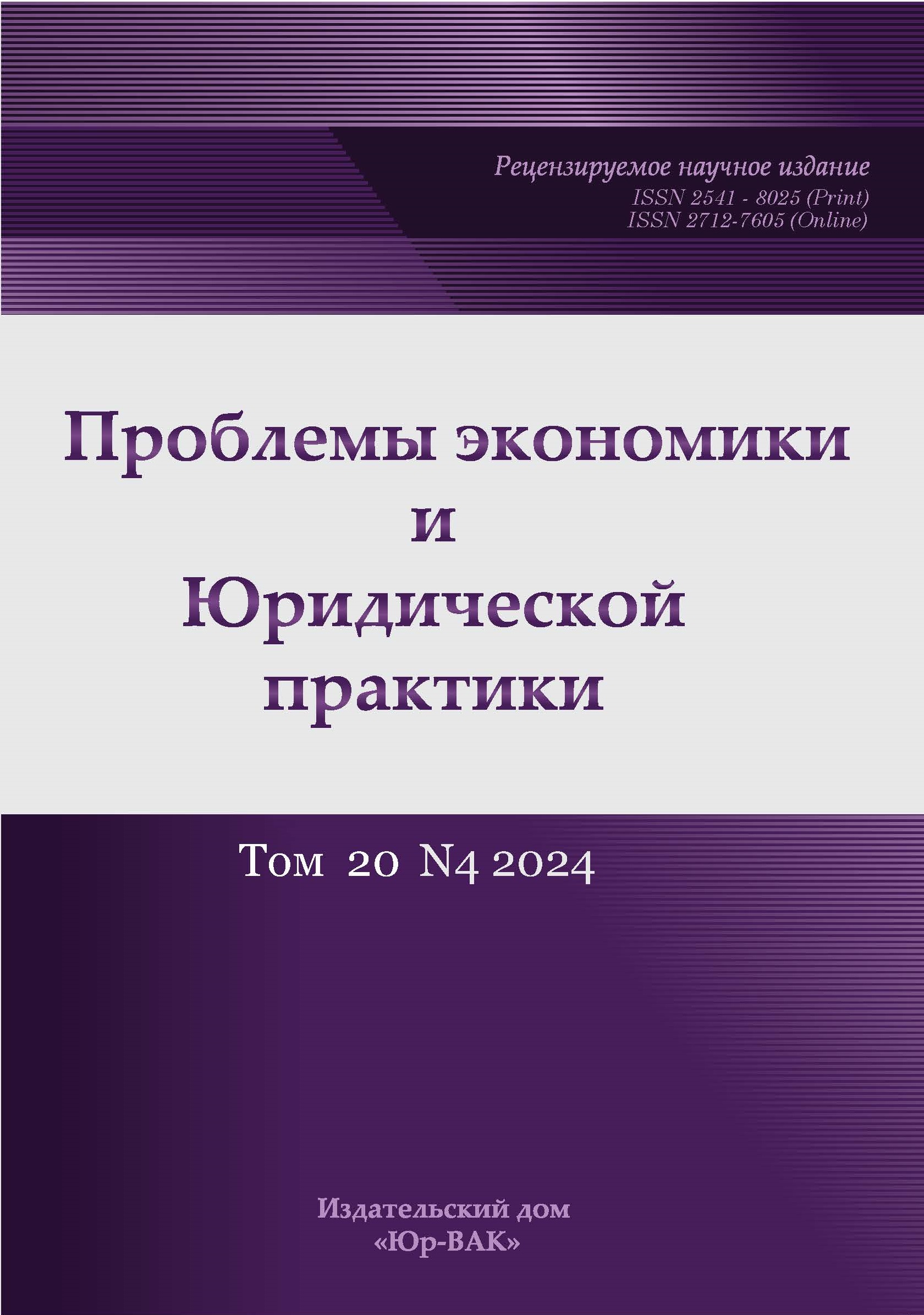Искусственный интеллект налоговых органов после цифровизации
- Авторы: Мороз В.В.1, Яковлева Е.Е.1
-
Учреждения:
- Финансовый университет при Правительстве Российской Федерации
- Выпуск: Том 20, № 4 (2024)
- Страницы: 236-242
- Раздел: Финансы
- URL: https://journals.eco-vector.com/2541-8025/article/view/684464
- EDN: https://elibrary.ru/HQSOHM
- ID: 684464
Цитировать
Полный текст
Аннотация
Целью исследования выступает анализ эффективной оценки использования в работе налоговых органов искусственного интеллекта, в частности выявление рисков и проблем между защитой прав, интересов граждан, а также самой безопасностью и справедливостью в отношении применения цифровых технологий в настоящее время. Исследуются этические и правовые аспекты внедрения искусственного интеллекта в налоговом администрировании. Для достижения данной цели были поставлены следующие задачи: рассмотрение возможностей потенциала искусственного интеллекта в борьбе с налоговым мошенничеством и уклонением от уплаты налогов, исследование взаимоотношений между налоговыми органами и налогоплательщиками посредством развития искусственного интеллекта, включая и международный опыт. Методология исследования. В данном исследовании использованы следующие методы: классификация, системный анализ, сравнение, индукция, динамический анализ
Полный текст
Об авторах
Виктор Владимирович Мороз
Финансовый университет при Правительстве Российской Федерации
Автор, ответственный за переписку.
Email: mvv88@list.ru
SPIN-код: 4495-5016
кандидат экономических наук, доцент, профессор Кафедры налогов и налогового администрирования Факультета налогов, аудита и бизнес-анализа
Россия, г. МоскваЕкатерина Евгеньевна Яковлева
Финансовый университет при Правительстве Российской Федерации
Email: prostoekaterinayakovleva@yandex.ru
SPIN-код: 1468-6000
Факультет налогов, аудита и бизнес-анализа
Россия, г. МоскваСписок литературы
- Горячих С.П., Рычкова Н.А., Огородникова А.А. Искусственный интеллект в сфере налогообложения // Студент. Наука. Регион. 2023. №1. С. 398.
- Казакова М.П. Искусственный интеллект в налоговом праве: актуальная проблема 21 века // Вопросы российской юстиции. 2020. №9. С. 610.
- Козырева С. Е., Яковлева Н.В. Развитие и использование искусственного интеллекта в сфере налогообложения //Экономика и бизнес: теория и практика. 2023. №6–2 (100). С. 14.
- Лютова О. И. Актуальные вопросы правового регулирования налоговых отношений в условиях применения технологии искусственного интеллекта // Актуальные проблемы российского права. 2023. №7 (152). С. 64–65.
- Новикова Ю.С., Селюкова А.А., Колосов Н.В. Влияние искусственного интеллекта на налоговое законодательство //Вестник науки. 2023. №11 (68). Т.3. С. 425–426.
- Огородникова И. И. Цифровая трансформация налогового контроля: эволюция и тенденции // Вестник Томского государственного университета. Экономика. 2019. №6. С. 155.
- OECD (2023), Government at a Glace 2023, OECD Publishing, Paris. URL: https://read.oecd-ilibrary.org/governance/government-at-a-glance-2023_3d5c5d31-en#page4 (дата обращения: 25.06.2024).
Дополнительные файлы












